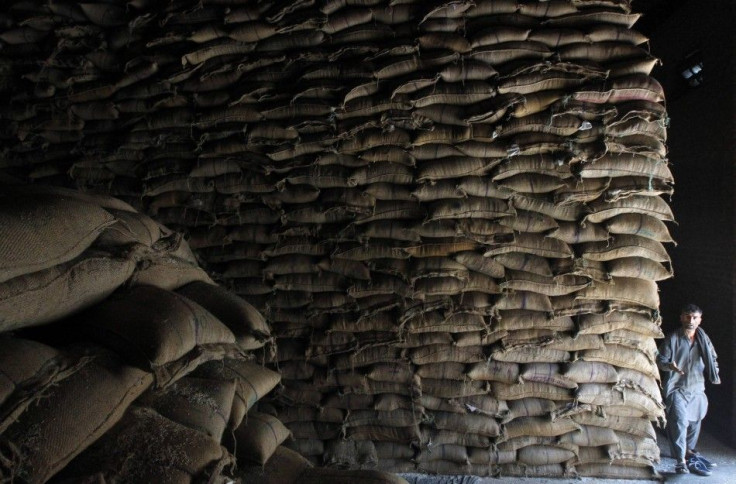Study: Climate Change Affects Nutrition in Basic Foods, Strips Off Zinc, Iron And Protein

Not only will climate change affect the temperaments of weather patterns, it elevates sea levels and hampers crop production, the rising levels of carbon dioxide are also bound to affect the nutritional value and content of basic foods.
Researchers at Harvard University found the rising levels of CO2 are affecting human nutrition as it reduces the levels of very essential nutrients in very important food crops such as zinc, iron and protein.
The world's most important food crops are rice, wheat and soy beans. The first two are the major crops that feed more than 7 billion humans worldwide.
Samuel Myers, author of the study and an environmental health expert at Harvard University, said nutritional changes in those grains risk making a currently significant problem worse.
"There are roughly 2 billion people around the world who suffer from these deficiencies, and ultimately zinc deficiency affects our immune functions," he added.
"So much of the burden of disease is calculated through early child mortality from infectious diseases like malaria and diarrhoea, pneumonia, measles. For iron deficiency, we see anaemia, but we also see sharp increases in maternal mortality, loss of IQ, reduced work productivity and, when you put all those things together, we calculate about 63 million life years to be lost annually, just in iron and zinc deficiency alone."
The researchers compared nutrient levels in field crops grown in normal CO2 levels - around 380 to 390 parts per million at the time of the study - with crops grown in the level of CO2 expected in 2050, or 545 to 585 parts per million. These were grown in seven locations on three continents around the world.
The following were the findings:
- Wheat grown in the elevated CO2 levels had 9 percent less zinc, 5 percent less iron, and 6 percent less protein.
- Rice had 3 percent less zinc, 5 percent less iron, and 8 percent less protein.
- Corn also had similar reduction in nutrients.
- Soybeans lost similar levels of zinc and iron.
Wheat, rice, corn, and soybeans, although low-content in iron and zinc, they are the grains that could only be the source of nutrients in regions where meat is less eaten. According to the Guardian, there are 2.4 billion people worldwide who derive 60 percent of zinc and iron from staple crops.
"This is yet another example of the impact climate change is already having on people's ability to grow and access the nutritious food they need," Hannah Stoddart, who leads Oxfam's food and climate policy efforts, was quoted by RT News.
"With 25 million more children under five at risk of malnutrition by 2050 because of climate change, action to cut emissions and support communities to adapt is crucial."





















